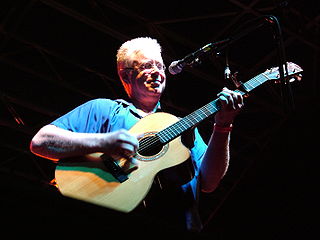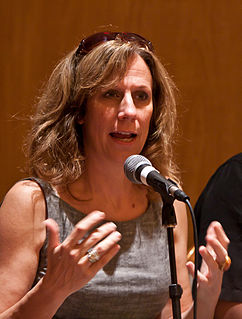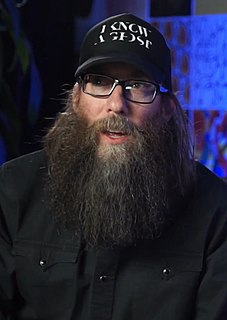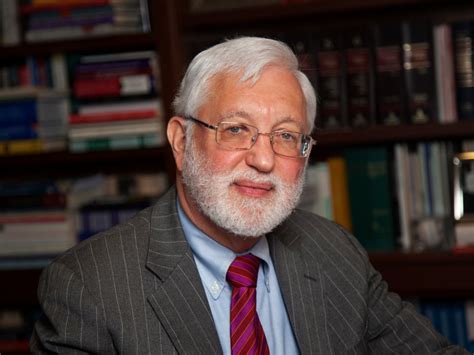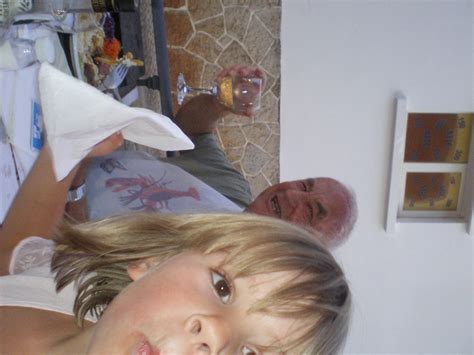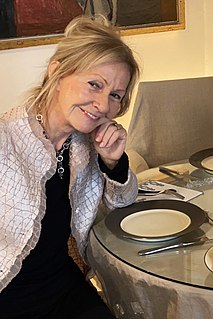A Quote by Paul Newman
From the very beginning, we bucked tradition. When the experts said that something was "always done" in a certain way, we'd do it our way, which was sometimes the very opposite.
Related Quotes
Sometimes I catch myself doing something that I've already done. The more I've done, the more that's likely to happen. Then I just throw it away. I wait until I've got the right way of getting a thing done, which means my songwriting proceeds at a very slow pace. But it's the only way I can really work.
Unless you can point to something that I have done or said that has changed the course of the public opinion in a negative way, you've got to check yourself sometimes and say, "Maybe I don't like the way that this thing is said, but it's expanding tolerance." If I said something that was shutting down something that was positive, call me out, but I don't really see me doing that.
With social media, you have this new kind of way to communicate with people that's very immediate, sometimes alarmingly so, sometimes painfully so. If you could just hold some objectivity, a very direct, unfiltered, raw reflection of the way something is landing in the culture without any spin, or filtration, or anything, it's very raw.
So many computer languages try to force you into one way of thinking and Perl is very much the opposite of that approach. It's kind of like a, well, sometimes Perl has been called the Swiss army chainsaw of the internet, but it's more like a Swiss army machine shop. It really gives you a lot of tools, some of which are dangerous, but it lets you get your job done very quickly.
I've never been impressed with bureaucratic tradition. I don't like it when the parties come to me and say, 'This is the way that it's always done, judge.' I never found anything in the oath I took or the statutes I was asked to look at that said, 'Judge, stop thinking, because this is the way it was done before.'
As soon as you begin to say We have always done things this way -- perhaps that might be a better way, conscious law-making is beginning. As soon as you begin to say We do things this way -- they do things that way -- what is to be done about it? men are beginning to feel towards justice, that resides between the endless jar of right and wrong.
The desire for story is very, very deep in human beings. We are the only creature in the world that does this; we are the only creature that tells stories, and sometimes those are true stories and sometimes those are made up stories. Then there are the larger stories, the grand narratives that we live in, which are things like nation and family and clan and so on. Those stories are considered to be treated reverentially. They need to be part of the way in which we conduct the discourse of our lives and to prevent people from doing something very damaging to human nature.
The strange thing about the apocalypse is that it's uneven. For some people, it goes one way and for others another way, so that there's always this shifting relation to the narrative of the disaster. Sometimes apocalypses are just structural fictions, and sometimes they're real. Sometimes a narrative requires an end - the fact that the beginning was always leading somewhere becomes clear at the end. There's an idea that we're always in the middle, but we posit this apocalyptic end in order to also be able to project into the past or the beginning. I think that's true and false.
Image and music always works together for me. I think they're equally important and I've always done things in a way that people remember them by, but I don't set out to just shock people...because that's very easy, a lot of people could do that, I just like to do things the way that makes me happy really. And sometimes that's too much for certain people, but, you know, I try to push the envelope to make the boundaries wider as far as what you can and can't do in music.

